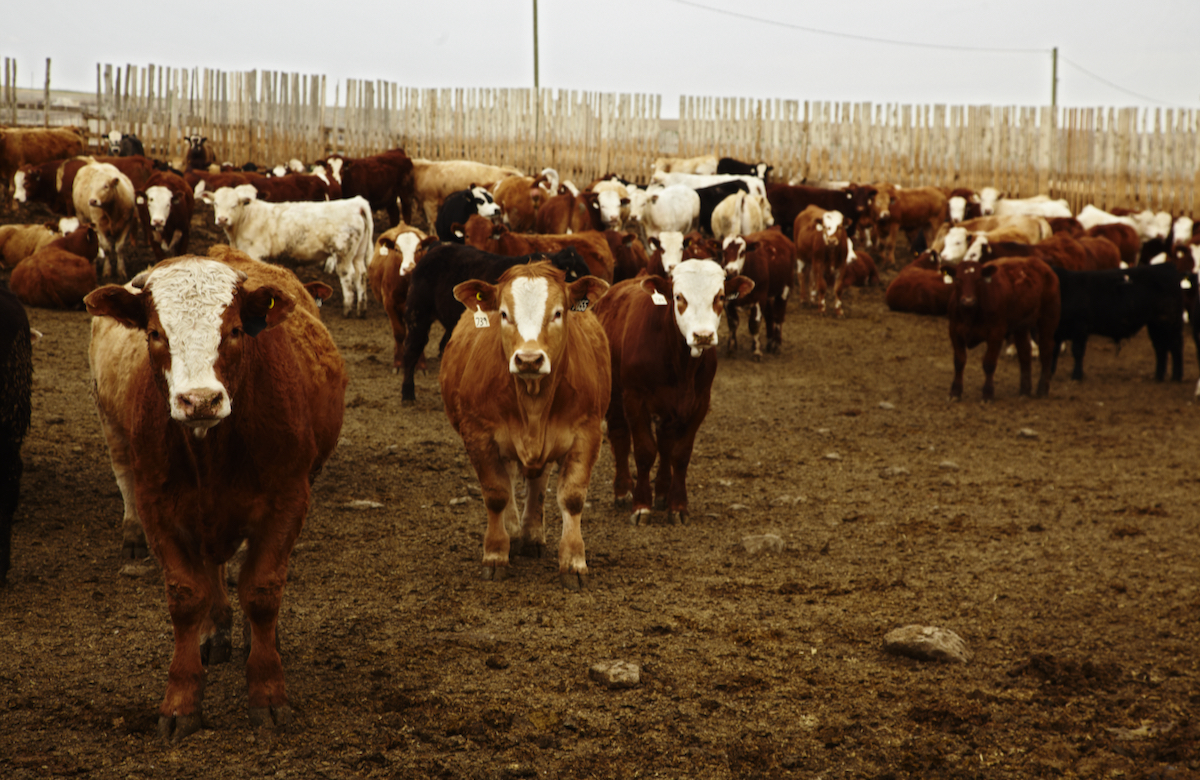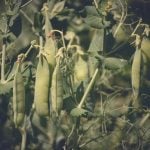Canadian, U.S. and Mexican livestock producer and processor groups who sought but didn’t get an injunction to block changes to the U.S. government’s final country-of-origin labelling (COOL) rule plan to appeal that ruling.
Plaintiffs including the Canadian Cattlemen’s Association (CCA) and Canadian Pork Council (CPC) learned Wednesday morning that Judge Ketanji Brown Jackson of the U.S. District Court, District of Columbia, had denied their motion for an injunction.
The groups had filed a suit with the District Court on July 8 seeking to strike down the U.S. Department of Agriculture’s May 23 revisions to the COOL regulation. On July 22 they filed separately with Judge Jackson asking for a preliminary injunction to block implementation of the COOL regulation, pending their suit’s outcome. USDA’s revised COOL rule is due to take effect in November.
Read Also

U.S. livestock: Cattle at fresh highs, hogs weaken
Cattle futures on the Chicago Mercantile Exchange climbed to fresh highs on Tuesday, as tight supplies and the ongoing closure…
“We disagree strongly with the court’s decision and believe that several aspects of the ruling are susceptible to challenge,” Patrick Boyle, CEO of the American Meat Institute, one of the suit’s co-plaintiffs, said in a release Wednesday. “We intend to pursue them on appeal.”
“The CCA has a compelling case and we look forward to the appeal,” CCA president Martin Unrau said in a separate release. “The cost of COOL to Canadian producers and industry is unacceptable and we will continue until a viable remedy is reached.”
“The court’s denial of our request for a preliminary injunction is disappointing, but look forward to the arguments presented to the court about why the court should vacate this rule,” CPC chairman Jean-Guy Vincent said in another release.
“Based on our consultations and analysis by our legal advisors the decision appears to be badly flawed, It is being recommended to us that we appeal the decision.”
“Third channel”
The CPC noted Wednesday that its case before the District Court is a “third channel” by which the CPC is seeking a resolution to COOL.
The council said it will continue to work with the Canadian government to pursue a World Trade Organization compliance panel, and with producers affected by COOL to prepare affidavits and witness statements that could lead to retaliatory tariffs if the revised U.S. COOL rule isn’t made compliant with U.S. WTO obligations.
The Canadian government is booked to appear Sept. 25 before the WTO Dispute Settlement Body (DSB) to seek a compliance panel on COOL.
Secondly, the CPC said, it “will continue to look for the U.S. Congress to make a legislative change that would remove the discriminatory impact of COOL.”
The CCA said the only outcome that will bring the U.S. into compliance with the WTO DSB and Appellate Body rulings on COOL would be for the U.S. Congress to amend the COOL legislation.
Such an amendment would have to require either a single mandatory label for all meat produced in the U.S. or to allow for voluntary labelling, the CCA said.
As it is, USDA’s May 23 regulatory change is expected to lead U.S. packers to require even more specific segregation of Canadian livestock, the CCA said. For the cattle sector alone, the association said, the revised rule will “nearly double” COOL’s negative impact from the current $25 per head to $40. –– AGCanada.com Network
Related story:
U.S. court won’t reverse COOL changes, Sept. 11, 2013















